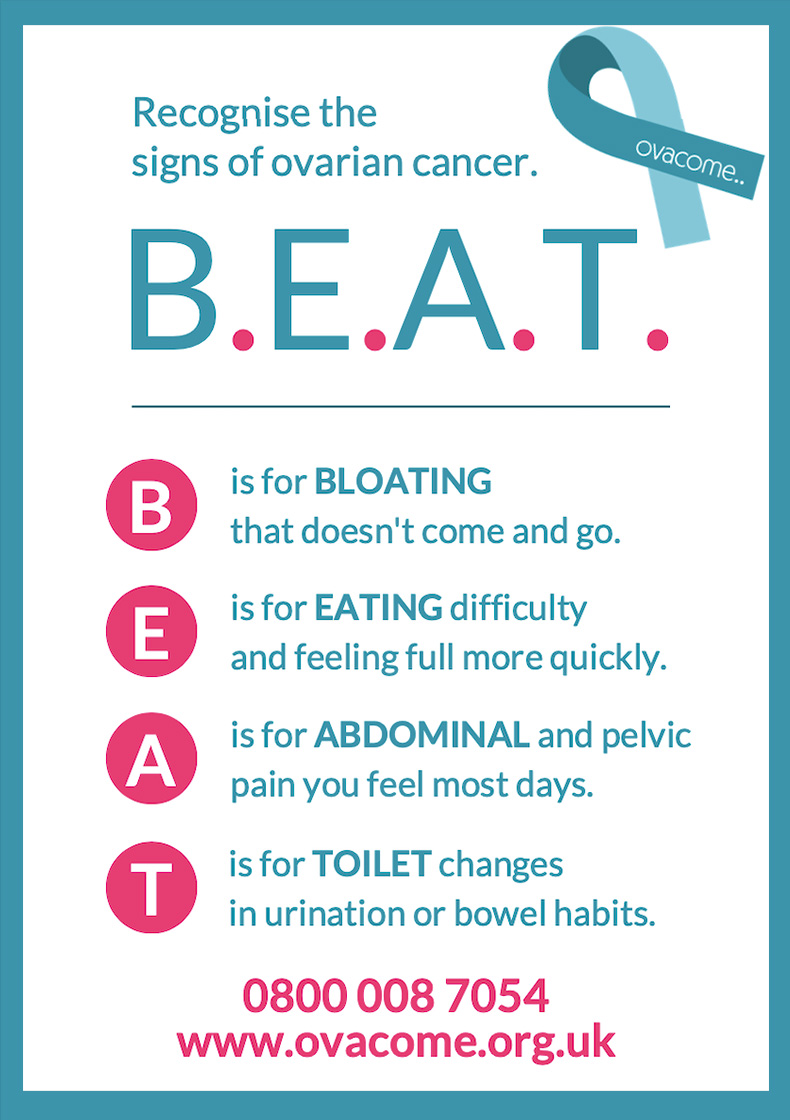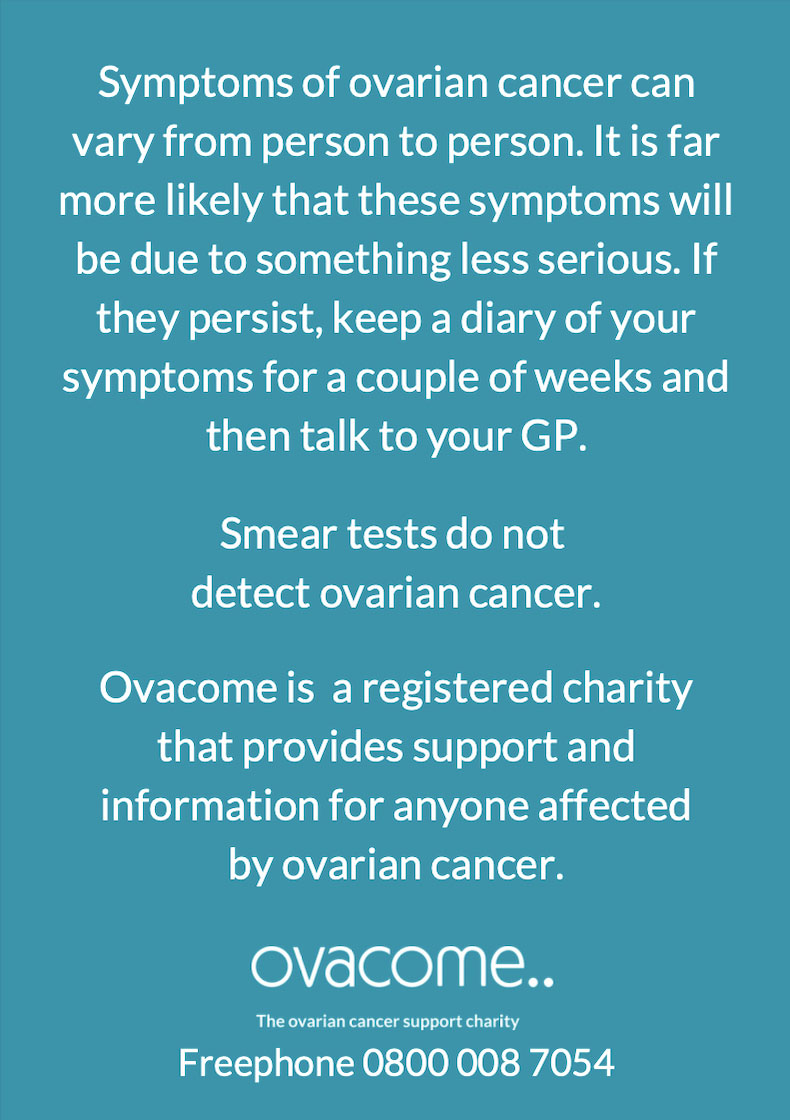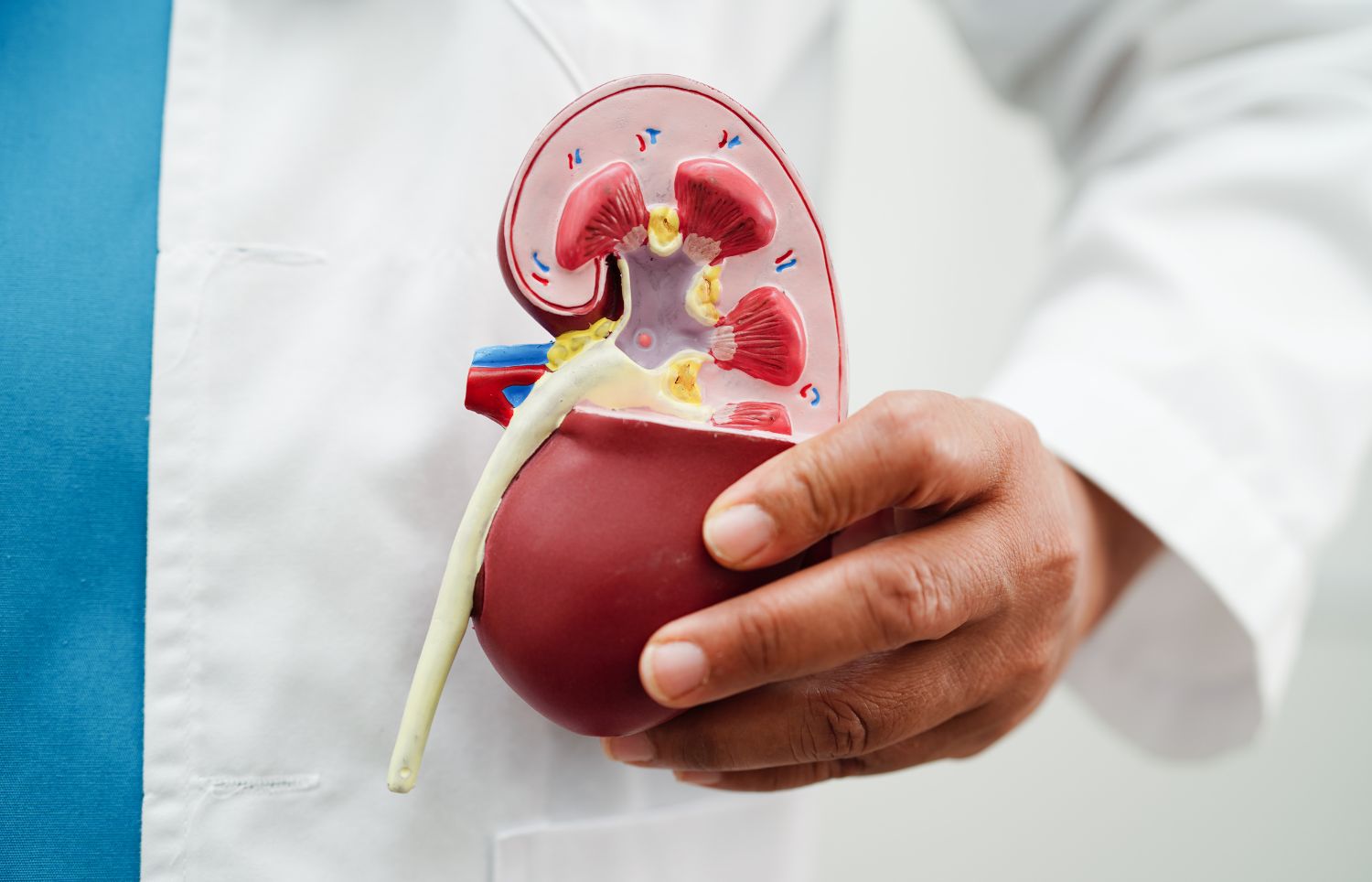Do you know the symptoms of ovarian cancer?
March is Ovarian Cancer Awareness Month and this month we want to help shout out about the symptoms of ovarian cancer to help speed up a diagnosis and treatment. Diagnosed at its earliest stage, 9 in 10 women will survive ovarian cancer. Currently two thirds of women are diagnosed at a later stage, making it harder to treat.
41,000 women in the UK are living with ovarian cancer and over 7,000 women in the UK are diagnosed each year, yet not many people know what are the common symptoms of ovarian cancer. Just one in five women know that persistent bloating is a major symptom and only one in 100 women know that urinary urgency and frequency are symptoms too.

What are the symptoms of ovarian cancer?
- Persistent bloating
- Feeling full quickly/ loss of appetite
- Pelvic or abdominal pain
- Urinary symptoms (needing to urinate more urgently and/or more frequently
- Change in bowel habit
- Fatigue
- Weight loss
- Unexplained bleeding (especially after menopause)
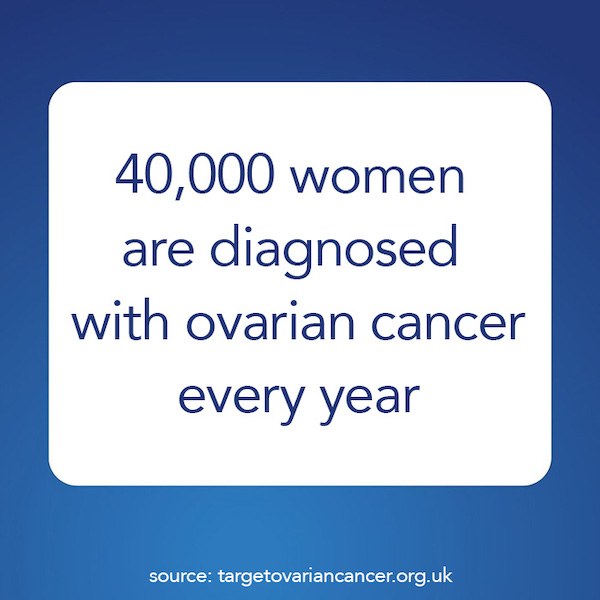
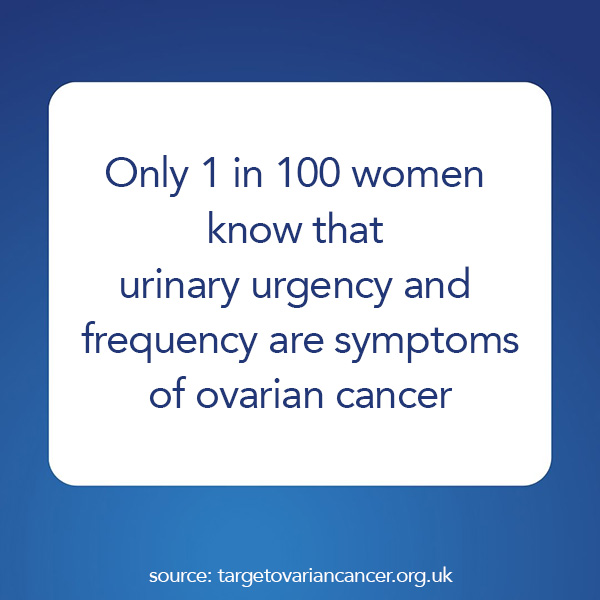
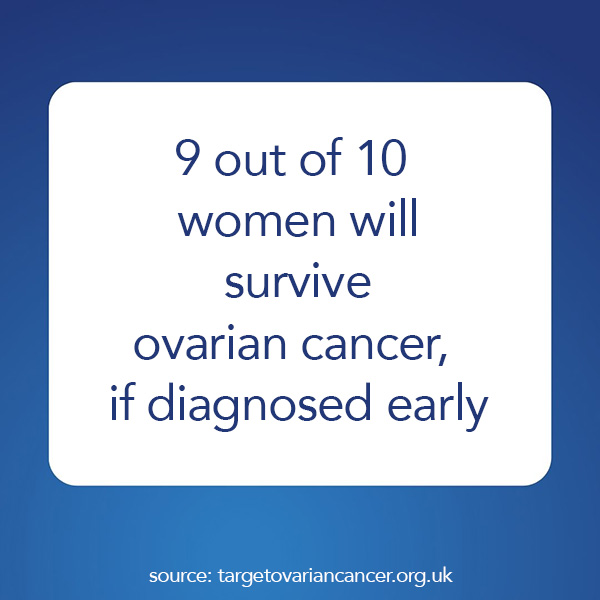
B.E.A.T. Symptoms Awareness
The UK Charity Ovacome is running an awareness campaign to help people who were born with ovaries to easily identify the symptoms and monitor their own health for ovarian cancer. Some of the more common symptoms are often dismissed as digestive complaints, or symptoms of menopause.
- B is for bloating that doesn’t come and go
- E is for eating difficulty and feeling full more quickly
- A is for abdominal and pelvic pain you feel most days
- T is for toilet changes in urination or bowel habits
Find out more about B.E.A.T. Symptoms Awareness and download the materials.
Research estimates that the risk of having ovarian cancer over a lifetime is up to 2.6 times higher for people with genetic risk factors for endometriosis. The study was carried out by Dr Sally Mortlock from University of Queensland, with 15,000 participating women with endometriosis, and 25,000 with ovarian cancer. The data shows a genetic link between the two conditions, making it increasingly important for women with endometriosis to be aware of the signs of ovarian cancer.
According to Dr Mortlock, Endometriosis affects the same number of people as diabetes and asthma yet many women suffer in silence.
What do I do if I have any of these symptoms?
It is important to see your GP as soon as you experience any of these symptoms and they are persistent (don’t go away), are frequent (more than 12 times a month) and they are unusual for you.
Your GP can order a CA125 blood test, which can be useful to detect ovarian cancer and order an ultrasound of your abdomen and pelvis. If your CA125 is above 35u/ml, then they may send you for further tests or scans.

The earlier it is found and diagnosed, the easier it is to treat ovarian cancer.
Ovacome is a UK charity providing support for people affected by ovarian cancer. If you need help or information, please visit their website.
You can find out more about ovarian cancer at Target Ovarian Cancer or on the NHS website.







